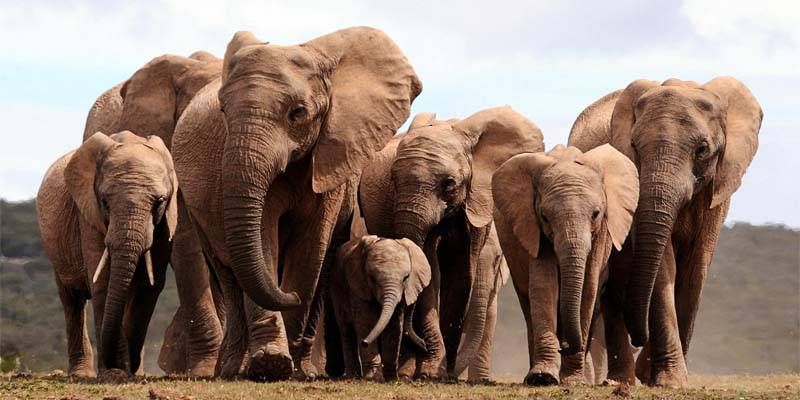Mammals that live in groups generally have longer lifespans than solitary species, recent research into nearly 1,000 different animals suggests.
Researchers also conducted genetic analysis for 94 species and identified 31 genes associated with social organization and longevity. The genes were primarily immunity- and hormone-related, this one in particular, according to the authors, could play a role in social behavior.
Mammals can be classified into three categories: solitary, pair-living, and group-living; the researchers found that animals who lived in groups, such as elephants and zebras, tended to live longer on average than solitary species such as the aardvark and eastern chipmunk.
For example, northern short-tailed shrews, which are solitary animals, and group-living greater horseshoe bats are similar in weight but live to a maximum of around 2 and 30 years respectively.
The study’s authors hypothesize that “group living reduces extrinsic mortality by limiting the risks of predation and starvation, and the strong and stable social bonds formed among group members have the power to enhance longevity”.









Show Comments